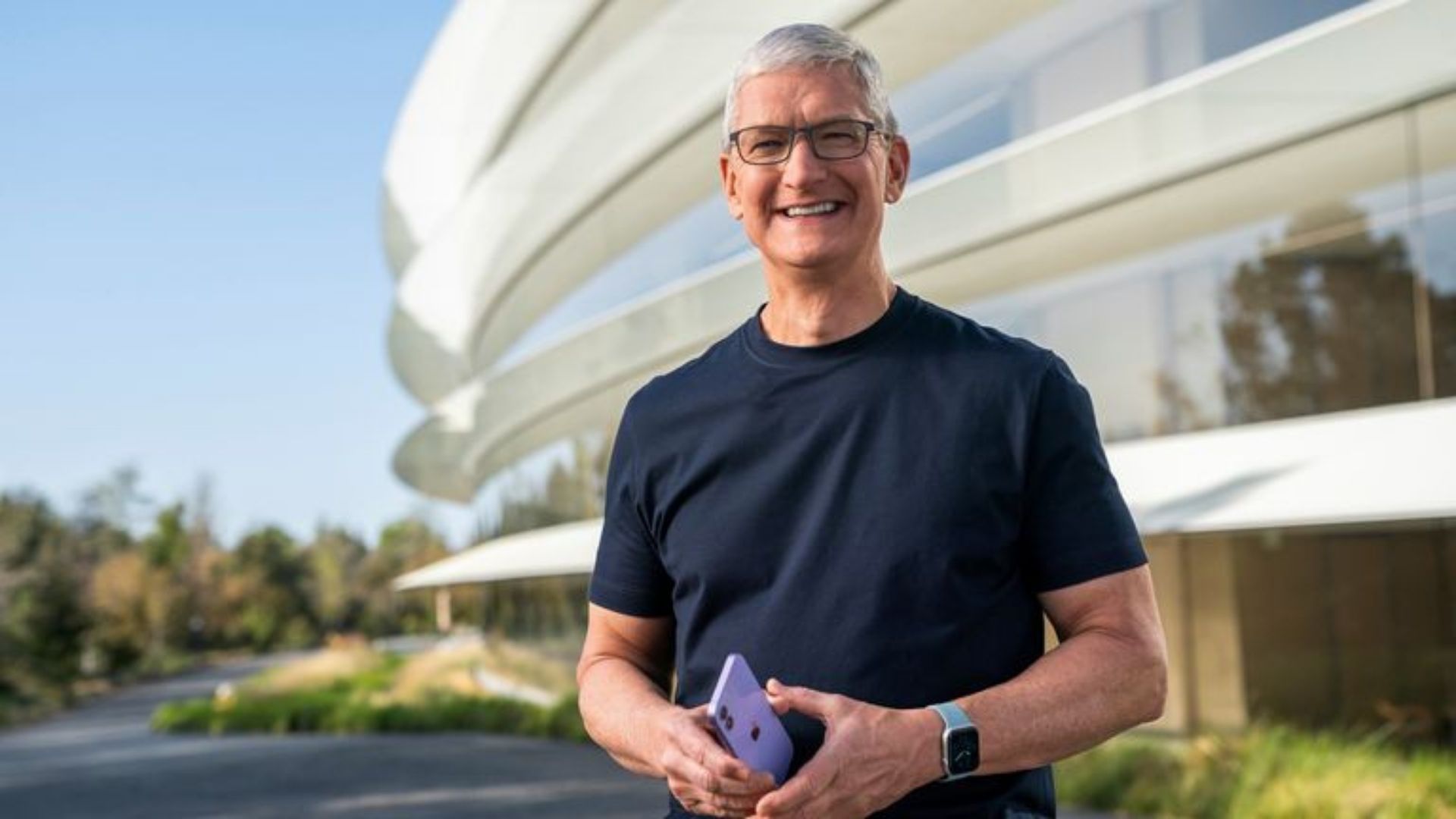Steve Job, who once portrayed Tim Cook as “not an item fellow,” in any case, picked Cook as his successor for his tasks, expertise and dominance of Apple’s stock and gathering chain, quite a bit of which, as planned by Cook, is situated in China.
It had been almost long since Steve Jobs passed on at 56 years old. As C.E.O., Mr. Cook had focused on Mr. Ive — the man Mr. Jobs referred to his as “otherworldly accomplice” — to lead item advancement… directly following Mr. Jobs’ demise, partners said, Mr. Ive seethed about corporate swell, scraped at Mr. Cook’s populist structure, deplored the ascent of functional pioneers and battled with a change in the organization’s concentration from making gadgets to creating administrations.
Disappointed with Mr. Cook’s Apple, Mr. Ive would leave five years after the fact, in 2019. His exit would perpetuate the overall influence at the highest point of an organization long characterized by its item resourcefulness, leaving it without one of its most inventive scholars and the main impetus behind its last new gadget classification…
In Mr. Ive’s nonappearance, Mr. Cook has sped up a change in procedure that has spread the word about the organization better for offering T.V. shows and a charge card than presenting the sort of progressive new gadgets that once characterized it.
This record of Mr. Ive’s renunciation is adjusted from another book, After Steve: How Apple Evolved a Trillion-Dollar Enterprise and Lost Its Soul, that I composed. The book depends on interviews with more than 200 individuals, including previous and current workers at Apple, likewise with companions and previous associates of Mr. Ive…
[Jobs’ and Ive’s] immediate kinship and coordinated effort diverged from the advancement of Mr. Jobs’ relationship with Mr. Cook. It took a push from partners who dreaded Hewlett-Packard could poach Mr. Cook for Mr. Jobs to elevate him to boss tasks official in 2005, as per individuals acquainted with the advancement. Mr. Jobs’ choice to later tap Mr. Cook as his successor was spurred to a limited extent by the acknowledgement that a portion of the organization’s worth came from Mr. Cook’s capacity to fabricate and convey its gadgets on time. Those abilities would be essential to taking the iPhone from deals of 10 million units per year to 200 million.
All things being equal, Mr. Jobs thought about Mr. Ive, the organization’s second-generally strong leader. He pushed the planning group to the front of Apple’s item advancement process, guaranteeing it assumed a focal part in the iPod, iPhone and iPad…
Mr. Cook seldom visited [Ive’s design] studio… On one of only a handful of exceptional events he did, it was to see a Leica camera Mr. Ive had assisted plan for a cause with selling. Mr. Ive sparkled as he itemized the creators’ work on the camera for Mr. Cook, who gestured blandly. People observing across the studio would latter joke that they got Mr. Cook’s eyes wandering from the foundation camera to the close by configuration tables finished off with iPhones, iPads and Macs that the organization sold for a huge benefit. He remained a couple of moments.




